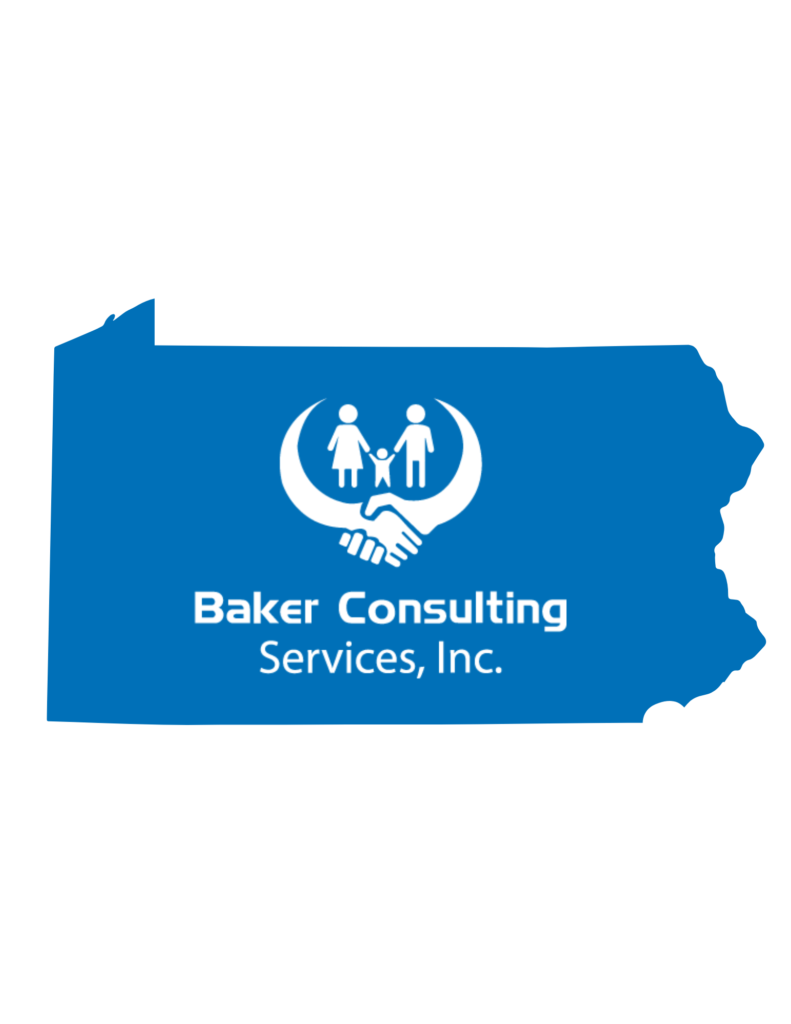Health Insurance in Pennsylvania

1. Pennsylvania has its own state-run health insurance marketplace called Pennie, which offers a range of health insurance plans for individuals and families.
2. The state has one of the largest CHIP programs in the country, which provides low-cost or free health insurance coverage to children and teens from low-income families.
3. Pennsylvania has a Medicaid program called Medical Assistance, which provides healthcare coverage to low-income residents who meet certain eligibility criteria.
4. In PA, health insurance companies are required to offer coverage for autism spectrum disorder.
5. The state also has laws that protect consumers from unfair health insurance practices. For example, health insurance companies are not allowed to deny coverage to individuals with pre-existing conditions or charge them higher premiums. They are also required to provide clear and accurate information about their plans and to offer a grace period for premium payments.
6. Furthermore, Pennsylvania has legislation requiring health insurance companies to provide some preventative procedures at no cost to the customer. Among these services include immunizations, cancer screenings, and yearly check-ups.
7. The state has a distinctive program called the Pennsylvania Prescription Assistance Program. It offers low-cost prescription medications to eligible people.
8. Pennsylvania is one of the states in the US where short-term health insurance is available, with the option of renewing coverage for up to 36 months.
Most of the time, unless you have a qualifying life event, you have to wait until the annual open enrollment period to obtain or switch your health insurance. Open enrollment used to start on November 1st and end on December 15 in most states. But from the year 2022 Pennsylvania has become one of 33 states, where you have one more month of the extension period to obtain health insurance or make changes to your existing plan.
This applies to health insurance plans offered through the Health Insurance Marketplace, also known as Pennie, as well as Medicare Advantage and Medicare Part D plans.
For those who are eligible for Medicare in Pennsylvania, there are two open enrollment periods each year. The Medicare Annual Enrollment Period (AEP) runs from October 15th to December 7th each year, during which individuals can enroll in or make changes to Medicare Advantage or Medicare Part D plans. The Medicare Advantage Open Enrollment Period (OEP) runs from January 1st to March 31st each year, during which individuals can make changes to their existing Medicare Advantage plan, including switching to a different plan or switching back to Original Medicare.
It is important to note that some health insurance plans may offer a special enrollment period outside of the open enrollment period for individuals who experience a qualifying life event, such as losing their job-based health insurance, getting married, becoming parents, or moving to Pennsylvania state.
Also, short-term health insurance plans in Pennsylvania do not have the same open enrollment period. This means people might benefit from enrolling in a short-term plan at any time of year if they are facing a coverage gap.




While Medicare is a federal program, the way it is administered and the specific benefits available in Pennsylvania slightly differ from those available in other states. Pennsylvania offers one of the most extensive Medicare Part C in the country. This is owing to the state having the fifth-highest number of people aged 65 and above, as well as a higher-than-average percentage of people enrolled in Medicare. It is one of the reasons why most counties have more than 50 Medicare Advantage plans available.
One example of a specific Medicare benefit in Pennsylvania is the Medicare Savings Program. It gives financial support to qualifying Medicare patients to help offset the cost of premiums, deductibles, and co-pays. Those who fulfill specific income and asset requirements can get assistance via the program, which is run by the Pennsylvania Department of Human Services.
Moreover, Pennsylvania has a Medicare Advantage program called Community HealthChoices, which is accessible in certain counties and provides benefits in addition to what Original Medicare does cover. Dental, hearing, and vision coverage, home care, and other healthcare services can be part of these benefits.
Residents of Pennsylvania have a variety of health insurance alternatives accessible to them. But, navigating the healthcare system on your own may be a quite difficult task. With so many different plans, levels of coverage, premiums, and deductibles to consider, it might be challenging to find the most affordable health plan or supplemental insurance in your particular scenario. That’s where an experienced insurance broker at Baker Consulting can help.
We aim to provide personalized guidance and all the support you need to understand the variety of options available with information on eligibility, benefits, and claims processing. Don’t navigate the complexities of the healthcare system on your own. Let us find the plan that best fits your unique healthcare needs and budget.